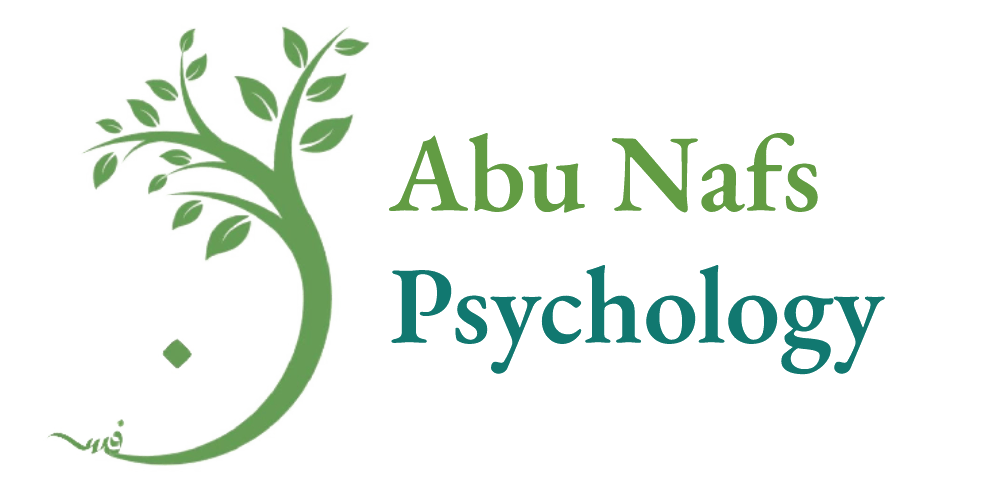Cognitive Behavioral Therapy (CBT) is a widely recognized and evidence-based form of psychotherapy that focuses on the relationship between our thoughts, feelings, and behaviors. Developed in the 1960s by Dr. Aaron T. Beck, CBT has since become one of the most effective therapeutic approaches for various mental health conditions.
Its practical and goal-oriented nature has made it a popular choice for individuals seeking support in managing a wide range of emotional and psychological challenges. Here’s a closer look at what CBT entails:
- Understanding the Cognitive and Behavioral Connection: At the core of CBT lies the idea that our thoughts (cognitions) influence our emotions and behaviors. It suggests that negative thought patterns can contribute to emotional distress and maladaptive behaviors. CBT aims to identify and modify these negative thought patterns to promote healthier emotional responses and positive behaviors.
- Collaborative and Time-Limited: CBT is typically structured as a collaborative process between the therapist and the individual seeking help. It is designed to be time-limited and focused, often spanning from a few weeks to several months, depending on the specific needs and goals of the individual.
- Identifying Cognitive Distortions: CBT helps individuals recognize cognitive distortions, which are inaccurate or irrational thought patterns that contribute to negative emotions. Examples of cognitive distortions include overgeneralization, all-or-nothing thinking, and personalization. By identifying and challenging these distortions, individuals can gain a more balanced and realistic perspective on their experiences.
- Behavior Modification: In addition to addressing thought patterns, CBT also emphasizes behavioral modification. This involves identifying unhelpful behaviors and implementing strategies to change them. Through various techniques, individuals learn to replace maladaptive behaviors with more constructive and positive actions.
- Setting Specific Goals: CBT encourages individuals to set specific and achievable goals for therapy. These goals can be short-term or long-term, depending on the individual’s needs. Working towards concrete objectives provides a sense of direction and progress throughout the therapeutic process.
- Learning Coping Skills: CBT equips individuals with practical coping skills to manage emotional challenges and stressful situations. These skills may include relaxation techniques, problem-solving strategies, and emotion regulation exercises, empowering individuals to handle difficulties more effectively.
- Applicability to Various Mental Health Conditions: CBT has been extensively researched and proven effective for treating a wide range of mental health conditions, including depression, anxiety disorders, phobias, post-traumatic stress disorder (PTSD), obsessive-compulsive disorder (OCD), and many more.
- Potential for Self-Help: CBT principles can extend beyond therapy sessions, enabling individuals to practice self-help techniques and tools independently. This empowers individuals to continue their progress and maintain positive changes even after therapy has concluded.
In conclusion, Cognitive Behavioral Therapy (CBT) is a highly effective and goal-oriented form of psychotherapy that examines the connection between thoughts, emotions, and behaviors. By challenging negative thought patterns and modifying unhelpful behaviors, CBT equips individuals with practical coping skills to manage emotional challenges and foster healthier, more positive responses to life’s difficulties.

